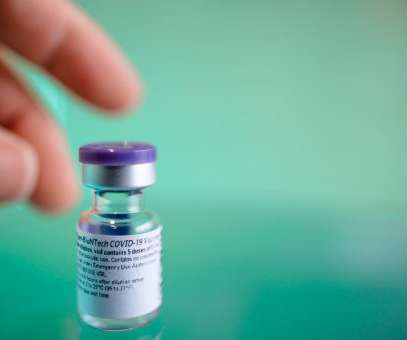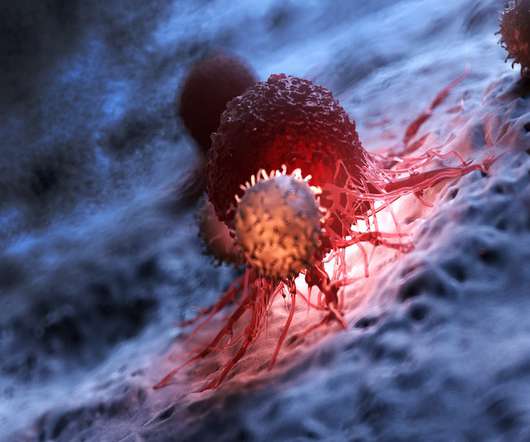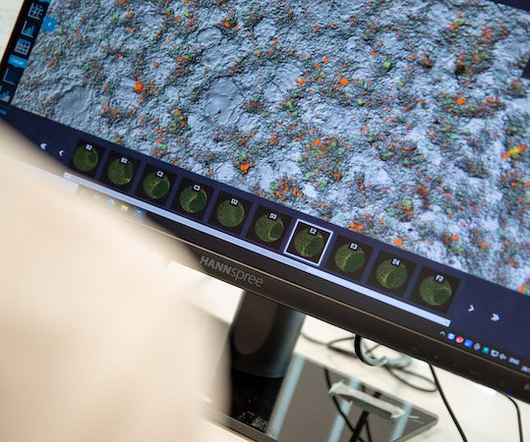Genetically engineered dendritic cells enhance lung cancer therapy
Drug Discovery World
APRIL 9, 2024
A study by researchers at the UCLA Health Jonsson Comprehensive Cancer Center in the US suggests that injecting engineered dendritic cells directly into cancerous lung tumours can help promote a stronger immune response.


















Let's personalize your content